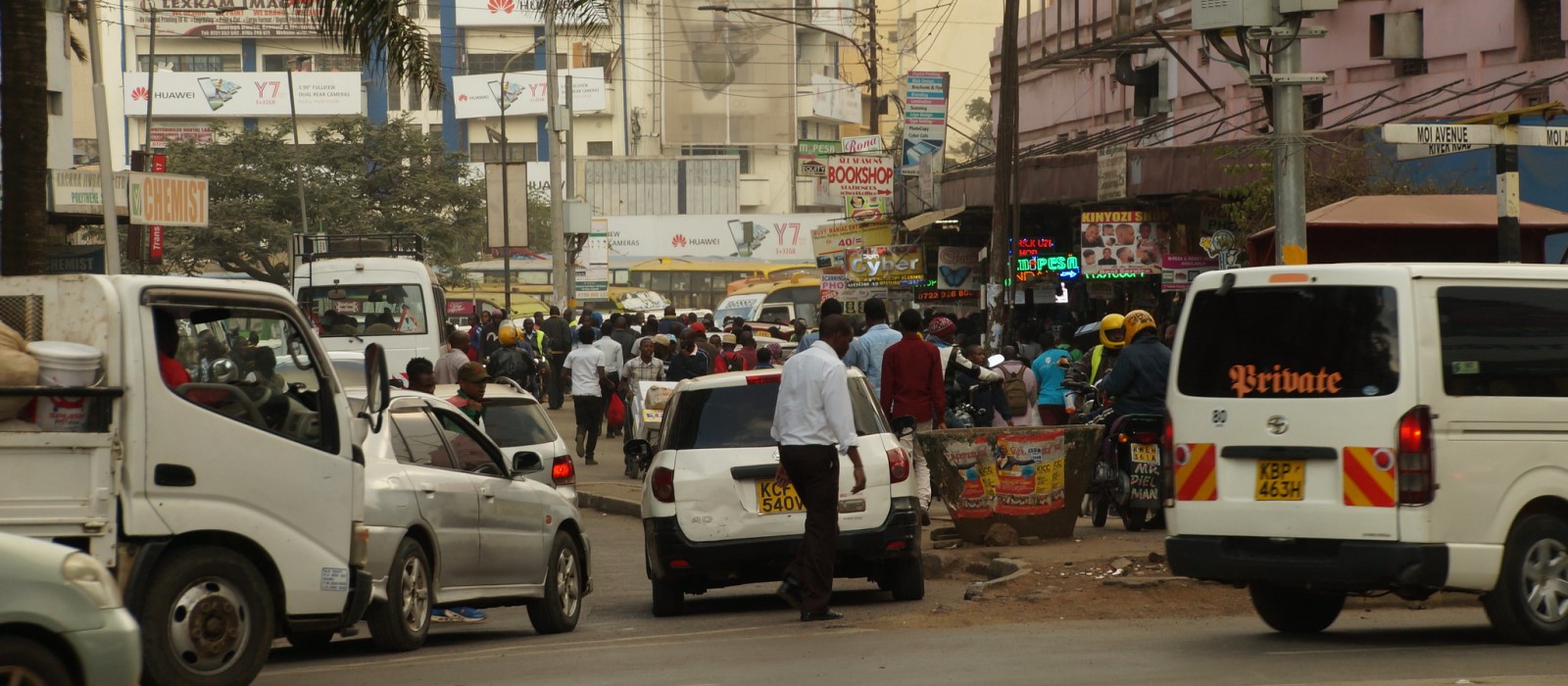Memory and Labor Supply

Deborah via Flickr
Study Context
As youth in low-income countries move towards urban areas in search of off-farm jobs, they often enter the urban informal labor markets (Beegle and Bundervoet, 2019), either as self-employed or as waged daily laborers. Waged casual jobs are typically short and unpredictable in nature, requiring workers to constantly use the information available to gauge the state of labor demand (e.g. probability of finding a job, persistence of shocks) to optimally choose one’s labor supply. This project aims to understand whether jobseekers hold motivated beliefs about their job search in order to preserve a positive self-image — and whether this negatively affects their labor supply. The researcher will also look at whether the “demand” for motivated beliefs arises as part of workers’ “psychological immune system” (i.e. a way to cope with the uncertainty of the job search environment).
Study Design
The study will involve piloting work in Kenya and India to inform a randomized controlled trial in medium-large cities where migrants from the countryside often seek work at “jobless corners” (public spaces where workers gather daily waiting for employers to come and offer them a job). The study will involve three phases: 1) documenting memory biases and that this is robust to several checks, such as financial incentives and announcement (Zimmermann, 2020); 2) testing for the causal effect of memory on labor supply, by providing a technology that decreases the cost of encoding information, and store it in memory; 3) testing for the source of the bias, to disentangle whether this is due to motivated memory or attention.
Results and Policy Lessons
Results forthcoming.


